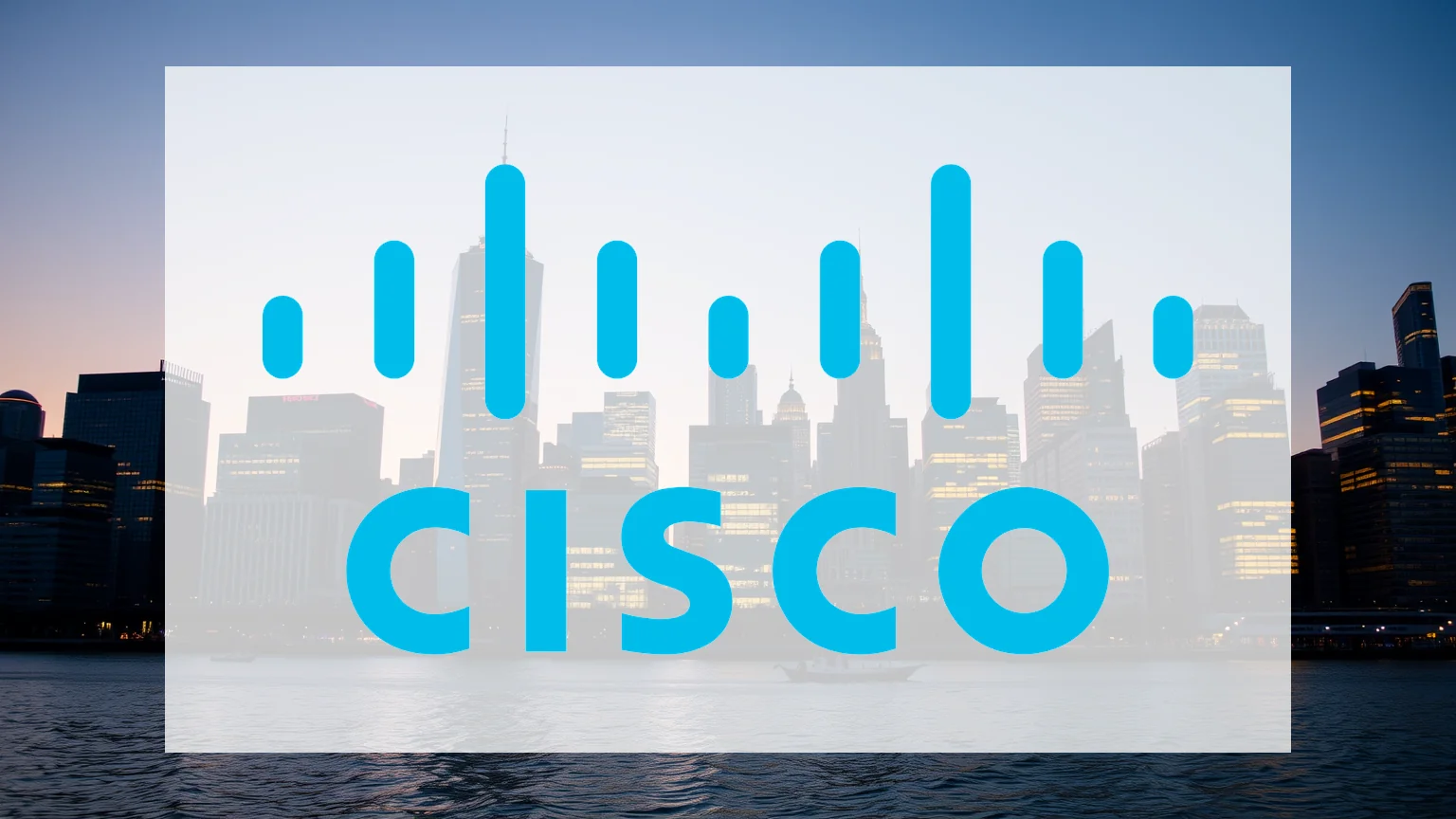Cisco reported robust fourth-quarter results, with revenue rising 8% to $14.7 billion and profit surging 33% to $2.8 billion, meeting analyst expectations. However, investor enthusiasm waned as the company’s conservative fiscal 2025 revenue forecast of $59–60 billion fell short of some projections exceeding $61 billion. Adjusted earnings per share guidance of $4.00–$4.06 also aligned with midpoint expectations, offering little surprise. Despite $800 million in AI infrastructure orders last quarter and $2 billion in annual AI-related business—double initial estimates—the stock dipped 1.4% in after-hours trading, reflecting disappointment over Cisco’s perceived lag in capitalizing on the AI boom compared to peers.
Growth Concerns Outweigh Fundamentals
While Cisco’s stock has gained 19% year-to-date, outpacing the Dow Jones, its muted outlook suggests it remains more of an infrastructure enabler than a direct AI beneficiary. Analysts note that in an era dominated by AI-driven valuations, solid but unspectacular performance no longer satisfies investors seeking transformative growth. The company’s pivotal role in networking infrastructure has yet to translate into the kind of AI-driven momentum fueling other tech giants, leaving shareholders questioning its long-term positioning in the sector.
Ad
Cisco Stock: Buy or Sell?! New Cisco Analysis from February 8 delivers the answer:
The latest Cisco figures speak for themselves: Urgent action needed for Cisco investors. Is it worth buying or should you sell? Find out what to do now in the current free analysis from February 8.
Cisco: Buy or sell? Read more here...













